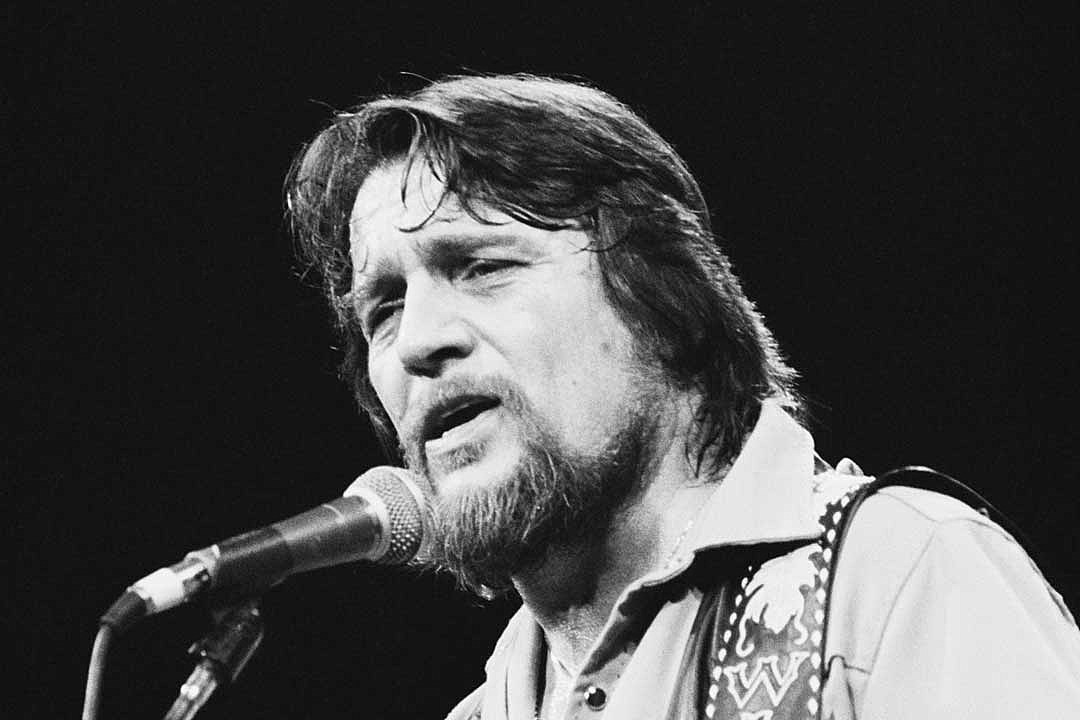
About the Song
Before he became the outlaw legend who rewrote the rules of Nashville, Waylon Jennings was already laying the emotional groundwork for the artist he would become. On his 1967 album Love of the Common People, one song stands out as a subtle but aching statement of heartbreak: “Walk On Out of My Mind.” It’s a song about letting go — not out of bitterness, but necessity. And in typical Waylon fashion, it’s told with restraint, grace, and just enough grit to make it real.
Released in a time when Jennings was still navigating the boundaries of the Nashville sound, this track finds him bridging two worlds — the polished production expected of the era, and the emotional rawness that would later define his outlaw period. Backed by smooth, steady instrumentation, the focus stays squarely on Waylon’s voice: rich, measured, and quietly pained. He doesn’t beg or plead. He simply asks. And that’s what makes it so effective.
Musically, the arrangement leans into classic ’60s country — gentle strings, soft rhythm, and a subtle melancholy woven through every note. But “Walk On Out of My Mind” doesn’t feel dated. It feels timeless. It’s the kind of song that could be whispered late at night, after the dust has settled and the tears have dried. There’s no drama here — just the quiet devastation of someone who can no longer carry the weight of memories they didn’t ask to keep.
Lyrically, the song offers one of country music’s most elegant metaphors for heartbreak. Rather than focusing on what went wrong, Jennings sings about the aftermath — the echoes, the reminders, the presence that lingers even after someone is gone. In asking that person to “walk on out” of his mind, he’s not condemning them. He’s simply acknowledging that love, when it ends, doesn’t always leave cleanly.
“Walk On Out of My Mind” may not have topped the charts, but it captures something vital in the arc of Waylon’s career. It’s a snapshot of emotional maturity, delivered by an artist just beginning to show how deeply he could feel — and how simply he could say it.
In a world that often prizes spectacle, this track reminds us that some of the most powerful goodbyes are whispered. And Waylon Jennings, even in his early years, knew exactly how to tell that story.